Description
The Salutation Tavern. by Henry William Bunbury printed on a Sweatshirt
About the Sweatshirt
Regular fit
Standard length, the fabric easily gives into movement
Comfortable
The fabric and fit of this item are extra comfy
Tear-away tag
Easily removable tear-away tag that allows you to add a custom inside label
This Unisex Premium Sweatshirt has a classic crew neck, flattering unisex fit, and soft 100% cotton exterior.
- 100% cotton face
- 65% cotton, 35% polyester
- Charcoal Heather is 55% cotton, 45% polyester
- Fabric weight: 8.5 oz./yd.² (288.2 g/m²)
- Tightly knit 3-end fleece
- Side-seamed construction
- Self-fabric patch on the back
- Double-needle stitched rib collar, cuffs, and hem
- Tear-away label
Henry William Bunbury (1750-1811)
Henry William Bunbury was an English caricaturist.
The second son of Sir William Bunbury, 5th Baronet (see Bunbury baronets), of Mildenhall, Suffolk, he came of an old Norman family. He was educated at Westminster School and St Catharine’s College, Cambridge, and soon showed a talent for drawing, especially for humorous subjects. He temporarily left Cambridge to embark on a tour of Europe, during which time he may have studied in Rome; he returned to school in 1771 but is not known to have completed a degree. His European travels inspired a series of caricatures mocking foreigners, notably his La cuisine de la poste, exhibited at the Royal Academy in 1770.
His more serious efforts were no great success, but his caricatures are as famous as those of his contemporaries Thomas Rowlandson and James Gillray, good examples being his Country Club (1788), Barber’s Shop (1803) and A Long Story (1782). He was a popular character, and the friend of most of the notabilities of his day, whom he never offended by attempting political satire; his easy circumstances and social position (he was colonel of the West Suffolk Militia, and was appointed equerry to the Duke of York and Albany in 1787) allowed him leisure to practise his talents.
The Oxford Dictionary of National Biography describes his A Long Minuet as Danced at Bath as the most successful of his lifetime, using an “innovative story-telling” format that is considered a forerunner to the comic strip. His caricatures were regularly reissued, even as he turned his attention to other subjects: he finished half of a commissioned set of 48 drawings of Shakespearean works before abandoning the series in 1796, and after the death of his wife and eldest son he took up oil painting.
In August 1771 he married Catherine, eldest daughter of Kane William Horneck and his wife Hannah Muggles. Bunbury and Catherine’s second son Henry succeeded to the baronetcy.

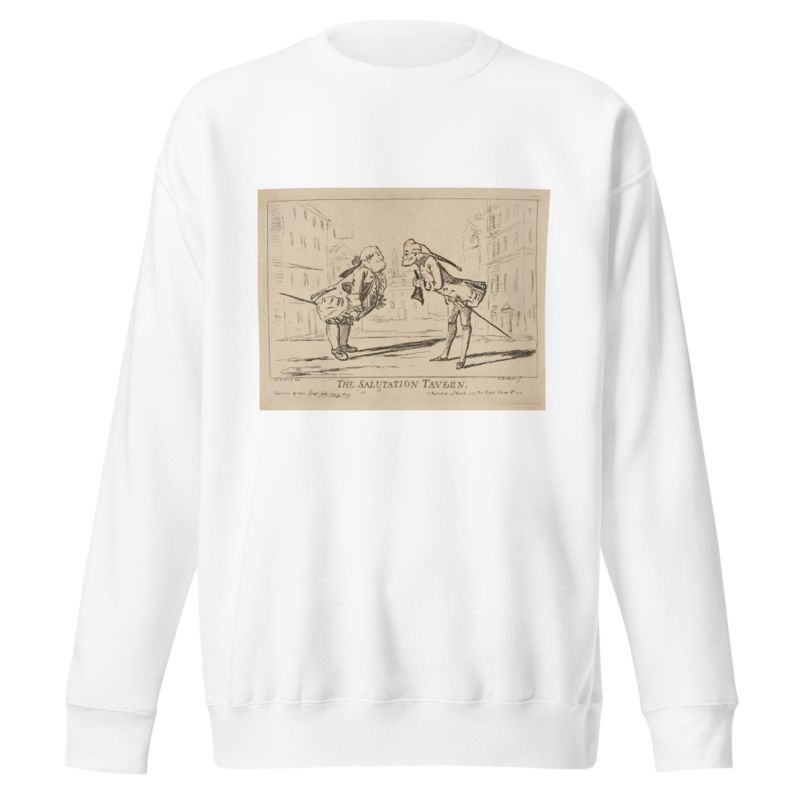
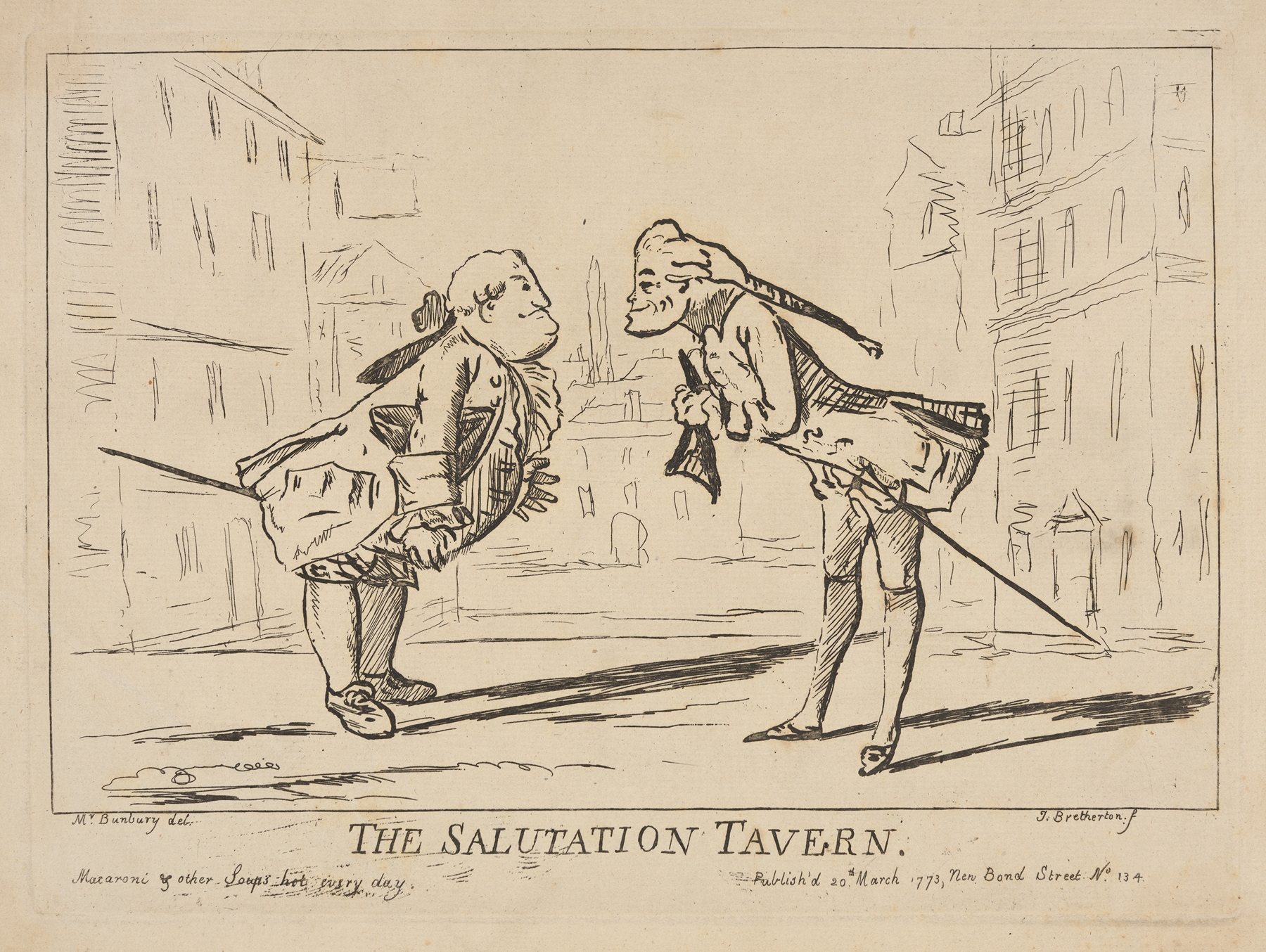
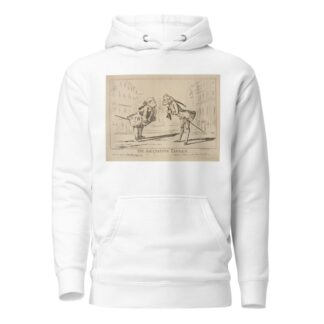
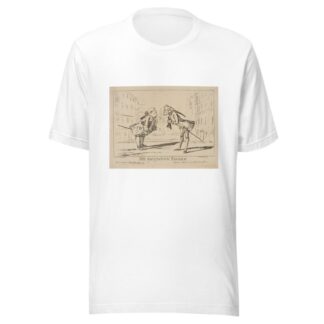
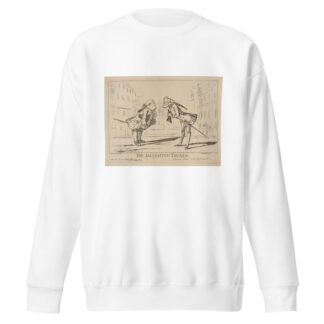
Reviews
There are no reviews yet.